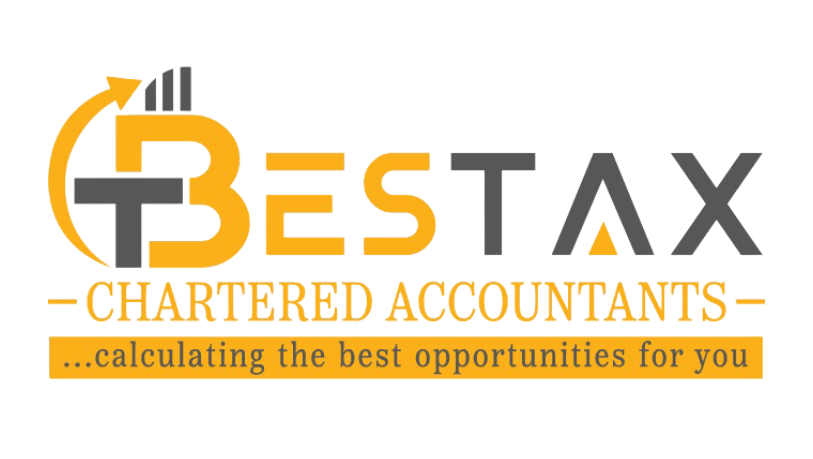For accounting professionals, the “busy season” is a period of important choices, constrained timelines, and intricate laws. Every year, from January through April, Tax consultants in Dubai must prepare for this time of year, when they remain completely focused on providing for their clients.
Accountants have a variety of difficulties in addition to the increase in tax returns and the requirement to keep current with regulations. These include finding new hires in a talent-poor market, adjusting to new tax and regulatory changes, and running a profitable business, to mention a few.
Artificial intelligence
While AI can’t replace a professional accountant’s expertise, it can be a helpful tool. AI may be useful, for instance, in the following situations: remembering information (like a particular detail in the tax law), comprehending educational materials (like GAAP guidance), and even applying rules to a particular scenario (like leasing restrictions). Conversely, a recent AICPA panel experimenting with AI in many accounting domains discovered that it was systematically unreliable in relationship analysis, decision-making, and creativity all domains in which accountants may be very valuable.
Set continuous accounting into practice.
Continuous accounting is a technology-driven approach that aims to replace month-end or quarter-end deadlines with regular completion of closely related activities to balance accounting workloads and give more current information. One of the numerous advantages of switching to continuous accounting from an event-driven closing process is that tax filings will be less onerous. Every year, all companies submit tax returns. To do this, they must compile all of their data and justify each dollar that has passed through their systems over the year.
Keep aware of evolving tax legislation
Tax consultants in Dubai must always be able to deal with changes in tax legislation. Important tax reforms brought forward by the Inflation Reduction Act included renewable energy credits and a new alternative minimum tax for companies.
By regularly applying the proper rules and schedules to revenue recognition, depreciation, prepaid and deferred costs, and other financial activities, automation may assure compliance with accounting standards, federal regulations, state and local tax laws, and internal policies. You may simplify a complicated tax year by using high-quality accounting software that offers sophisticated tax capabilities and digitized, accurate, and easily accessible data.
Improve payroll administration
The complicated process of identifying the principal work location and then handling withholdings for employees in several locations for each pay period has made state income taxes more intimidating for those who work remotely. In addition, infractions may lead to audits and expensive tax fines.
Consider automating your payroll procedures if you haven’t already. Payroll systems that operate on the cloud facilitate the computation of income, credits, deductions, taxes, and paid time off. These systems undergo frequent changes to reduce compliance issues and accommodate many jurisdictions regarding taxes, forms, direct deposit, and other aspects.
Make upskilling a priority
Developing employees and the company’s overall skills and knowledge about the usage of vital equipment and how to handle their outputs can help your firm maximize its technology investments and benefit workers in particular as automation grows. Put your attention towards developing your knowledge of financial modeling, forecasting, data analytics, cloud-based payroll, and enterprise resource planning tools.
BestaxCA Services Leading the Way in UAE Tax Management
In the UAE, BestaxCA tax services are well known for their thorough and expert approach to tax administration. BestaxCA provides several services that are geared to fit the different needs of its clients, and it serves both people and corporations. Their group of professional tax consultants in Dubai guarantees accuracy and efficiency while handling the complexities of the tax environment in the United Arab Emirates, whether it be tax planning, compliance, or advising services.
Conclusion
“The “Tax Season Made Easy: A Guide From Your Chartered Accountant” offers priceless advice on how to handle the complexity of tax season with assurance and comfort. This thorough handbook enables people and companies to maximise tax planning, reduce obligations, and guarantee regulatory compliance by providing insightful counsel and professional direction. This tool gives you the information and resources you need to prepare your taxes quickly and financially comfortably, regardless of your level of experience.”
FAQs
How can I stay organized during tax season?
Maintaining organisation is necessary for a seamless tax filing procedure. Throughout the year, keep all pertinent paperwork together in a single spot, including investment records, income statements, and receipts. Use software or digital tools to keep a systematic record of your income and spending.
How do tax deductions work, and what are they?
Expenses that you can deduct from your taxable income lower the amount of income that is liable to taxes. These are known as tax deductions. Medical costs, charity contributions, property taxes, and mortgage interest are examples of common deductions. You can either accept the standard deduction or itemise deductions on Schedule A of your tax return in order to claim them.




